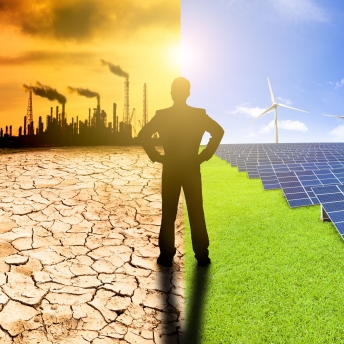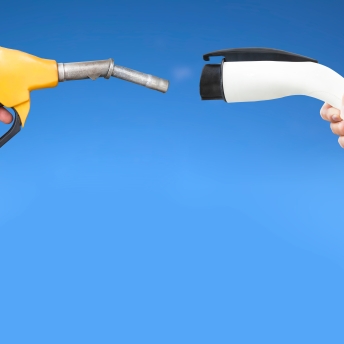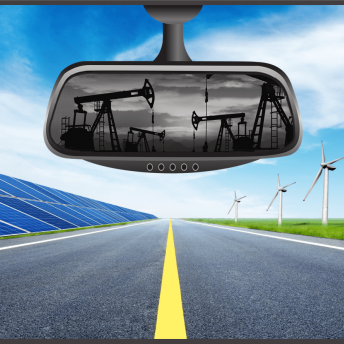Daniel Monzon
Daniel advises national and international energy companies on corporate strategy, organization and technology management.. He has experience in 20+ countries.

Areas of Focus
Education
Past Experience

Daniel is a Partner at Arthur D. Little, heading our Buenos Aires office, and a member of our Global Energy Practice.
He has provided assistance to both national and international energy, oil, and gas companies on corporate strategy, organization, and economic analysis in the Middle East, Asia, Europe, Latin America, and Africa.
Since joining Arthur D. Little, he has led studies to support National and International companies in taking organizational and investment decisions, as well as providing strategic assistance in refining, exploration, production, and transport, including international expansion.
Daniel has supported Latin American key energy industry players such as YPF, Repsol, COPEC, ENAP, Pampa Energía, ANCAP, Petroperu, ANP, and Ecopetrol to develop their growth and expansion strategies.
Daniel has extensive experience in refining & marketing, refinery valuation & conceptual design, technology selection and conversion upgrade feasibility, as well as the biofuels, LPG trading, and distribution businesses.

Accelerating the financing of sustainable transport fuels

Why the bio-based materials market is finally poised for growth

Disruption is now

The disrupted energy transition

Weathering the perfect storm

The forecourt of the future

Electric mobility impact on downstream oil business

Energy Journal – Utilities

The oil company of the future

Daniel is a Partner at Arthur D. Little, heading our Buenos Aires office, and a member of our Global Energy Practice.
He has provided assistance to both national and international energy, oil, and gas companies on corporate strategy, organization, and economic analysis in the Middle East, Asia, Europe, Latin America, and Africa.
Since joining Arthur D. Little, he has led studies to support National and International companies in taking organizational and investment decisions, as well as providing strategic assistance in refining, exploration, production, and transport, including international expansion.
Daniel has supported Latin American key energy industry players such as YPF, Repsol, COPEC, ENAP, Pampa Energía, ANCAP, Petroperu, ANP, and Ecopetrol to develop their growth and expansion strategies.
Daniel has extensive experience in refining & marketing, refinery valuation & conceptual design, technology selection and conversion upgrade feasibility, as well as the biofuels, LPG trading, and distribution businesses.

Accelerating the financing of sustainable transport fuels

Why the bio-based materials market is finally poised for growth

Disruption is now

The disrupted energy transition

Weathering the perfect storm

The forecourt of the future

Electric mobility impact on downstream oil business

Energy Journal – Utilities

The oil company of the future
More About Daniel
- Universidad del Salvador (Argentina)Master in Business Administration
- Universidad Nacional de Buenos Aires (Argentina)BS, Industrial Engineering
- Wood MackenzieVice President, Head of Southern Cone Consulting
- Arthur D. LittlePrincipal
